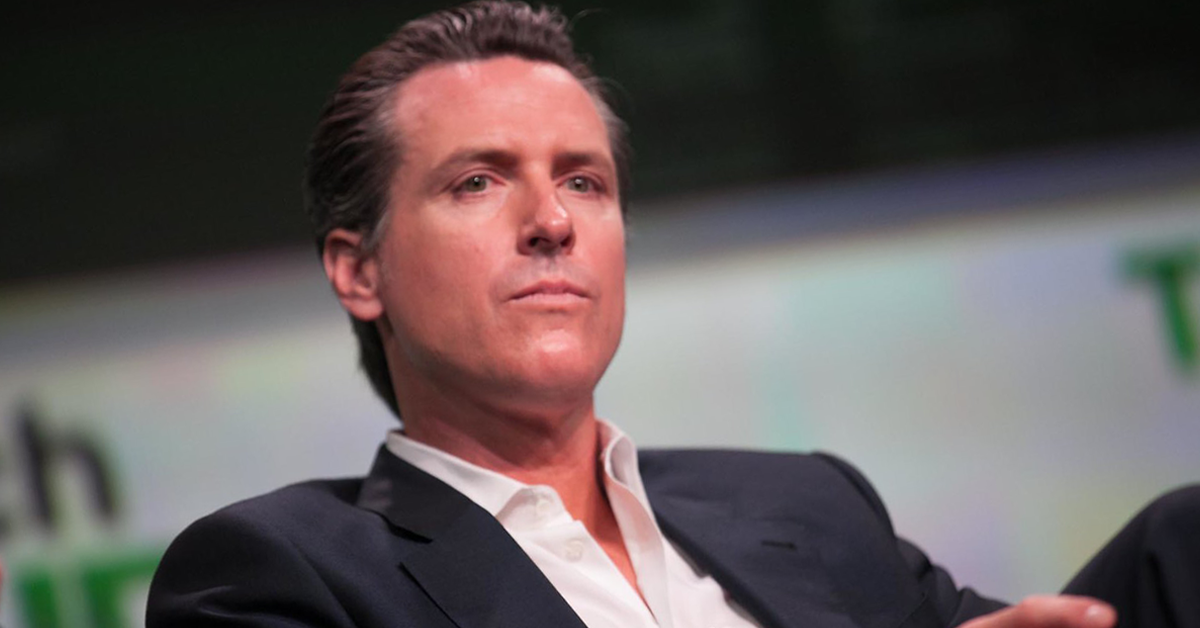Combine budget hearings with election season and the result is a sticky web of goals and contradictions.
As proof, I give you the recent mischief at Fresno City Hall.
I begin with my walk to City Hall on Monday.
I live near Bullard High School. My usual route to Downtown takes me through Fig Garden Village. As I approached the intersection of Pieology and Jamba Juice, a woman carrying a clipboard hailed me.
She was a volunteer working in behalf of the Central California Community Foundation. She wanted me to sign a petition to put a sales tax measure similar to the popular Measure C transportation tax on the November general election ballot.
The Measure C comparison is mine. The woman’s comparison in her pitch was the old Arts to Zoo tax. The latter had a checkered legal history in Fresno.
All I got from the woman was that the proposed sales tax for parks would be three-eighths of one cent. That was an eye-opener. Measure C is a half-cent sales tax. According to Fresno County Transportation Authority documents, Measure C was expected to generate $72.8 million in the 2017-18 fiscal year.
Granted, the Measure C tax is 25% bigger than the proposed parks sales tax. And Measure C covers all of Fresno County, while the parks tax would deal only with Fresno (that’s why the woman soon lost interest in me – I live in a county island).
Let’s say, for the sake of argument, half of all sales tax revenue is generated in Fresno (I’m guessing it’s more). By my reckoning, if Measure C hit its $72.8 million goal countywide in this fiscal year, a three-eighths of one cent parks tax just in Fresno would have delivered $27.3 million.
I don’t have all the details, obviously. But by any measure, the proposed parks tax would produce a lot of money every year. I tried to get hold of Foundation Chief Executive Ashley Swearengin on Monday, but without success.
What counts for now is this: The Parks Department belongs to the municipal corporation that is the City of Fresno. Yet, this potentially historic funding proposal is coming not from Mayor Lee Brand or the City Council but from a foundation headed by a former mayor. It’s good that democracy works in many ways. But there can be no doubt that a parks tax, should it get on the November ballot and be approved by voters, figures to put considerable stress on City Hall lines of authority and the generation of policy.
Would some the annual income from a parks tax go to the debt service on another parks bond similar to the one from the Alan Autry era, with the general fund as the ultimate backstop? We’ll leave that question for later.
I continued my walk to City Hall. I dropped by Fresno Police Officers Association headquarters in the Tower District, hoping to chat with FPOA President Damon Kurtz about the parks tax. I did so because there’s strong sentiment in some quarters for additional annual funding for public safety.
Kurtz wasn’t in, but I did get a chance to speak with several officials at City Hall. Bottom line – the City Council is expected to soon vote on placing a public safety sales tax initiative on the November ballot.
I have no details. But the unfolding scenario is amazing: The Swearengin team holding down one spot on the ballot with a significant boost in the sales tax just for parks, the City Council team holding down another spot on the ballot with a significant boost in the sales tax just for public safety.
I’m not sure if dueling tax hikes, no matter how virtuous, will please the voters. Who’s in charge in this town?
I got to City Hall in time to listen to some of the hearings on Brand’s proposed 2018-19 budget. The Development and Resource Management Department was in the hot seat.
What I found especially interesting was the discussion about DARM’s Neighborhood Revitalization Team. This concept dates back to the Swearengin era. The idea is to take various City Hall experts, including code enforcement officers, and work closely with the residents and landlords in decaying neighborhoods. Everyone on the receiving end of this advice would learn all about civic responsibility and accept their share of the burden for maintaining strong neighborhoods. One dysfunctional neighborhood after another would be enlightened in this manner. Eventually, every neighborhood would be self-sustaining.
Council President Esmeralda Soria and Council Member Paul Caprioglio wondered when this program could come to parts of their districts – for example, Highway City for Soria and El Dorado Park for Caprioglio.
Sounds great, DARM Director Jennifer Clark said. But money and time are challenges, she added.
Caprioglio noted another challenge. He said such well-intentioned behavior-changing efforts have been tried before in El Dorado Park. He said they appear to work. But, he added, there’s a high turnover of residents in the neighborhood. That means all the hard work of education has to start again in a cycle that may have no end.
The parks people say the lack of quality green space in every neighborhood is a leading cause of struggling neighborhoods. The public safety people say it’s no use building park after park if there aren’t enough cops to ensure that law-abiding residents using the parks aren’t victimized by criminals.
Next up at the budget hearing was something called “General City Purpose.” This is a grab bag of expenditures that don’t fit neatly into a specific department.
The city’s contract with the Central California Society for the Prevention of Cruelty to Animals came up. The council in May approved a one-year extension of the current contract at $3.8 million. The council on Monday learned that the SPCA needs another $213,000 (maximum) to deal with a rising minimum wage and other proposed wage hikes.
This caused a bit of a stir among several council members, particularly Clint Olivier. Olivier has long been a harsh critic of what he sees as the city’s passive stance in business dealings with the SPCA. And Monday’s hearing suggests that Olivier in the end may be proven right.
But for now the point is this: Monday’s discussion made clear that City Hall simply doesn’t have enough money to invest in the kind of annual animal control operations that a big city like Fresno needs. The solution broached several years ago was – you guessed it – a hike in the sales tax. That idea never got to the ballot. But it no doubt is still alive in many circles.
You’ve got the parks people and their tax going in one direction. You’ve got the public safety people and their tax going in another direction. You’ve got the neighborhood revitalization folks and their hunger for money going in yet another direction. And you’ve got the animal lovers going in a fourth direction.
Caught in the middle? The taxpayer, of course.
I conclude with Tuesday’s budget hearings. The final department to be reviewed is the Mayor’s Office/City Manager’s Office.
I wrote recently about the Mayor/City Manager budget. The combined budget has jumped considerably in the last several years. I got some pushback from the Administration – much of the increase is due simply to some budget experts being moved from one budget line to another budget line. Nobody went on a spending spree, I was told.
Fair enough. But I know for a fact that the blog got a lot of readership at City Hall. And I know that just about everyone at City Hall knows about this transfer of personnel.
The reason the blog was popular at City Hall is simple: I took a poke at how the Mayor builds and funds his personal court. You see, the staffing and funding of the Mayor’s bailiwick has been a popular topic of conversation around the City Hall water cooler since Fresno went to the strong mayor form of government 20 years ago. But, for obvious reasons, it’s rare for anyone to publicly question the Mayor’s decisions. That’s dangerous to careers, even if you’re a council member.
For example, there were Autry’s liaisons to the Fresno Unified School District. And Autry, a veteran Hollywood actor before moving to Fresno, was keen on a film commissioner. And who can forget Autry’s fondness for a deputy mayor?
City Hall behind the scenes had fun chewing on those hires.
Each Administration’s argument has been: Let the Mayor build his own team. It’s not that much money.
What might be the chatter around the City Hall water cooler concerning Brand’s team? I’ll make a guess: H. Spees.
Spees, whose support in the 2016 general election was pivotal to Brand’s defeat of Henry R. Perea, is City Hall’s director of strategic initiatives. Spees is a great guy. But what, exactly, does Spees do? And what has he accomplished?
I don’t know. I don’t know if Brand has ever provided a detailed answer to the people who pay Spees’ salary.
Spees would be worth every penny if he were to come up with a strategic initiative that solved the policy challenge posed by the parks tax, the public safety tax, the neighborhood revitalization crisis and the animal control crisis. They’re all connected.
Perhaps someone on the council dais will voice a similar hope on Tuesday.
The rest of City Hall will be listening.









1 comment